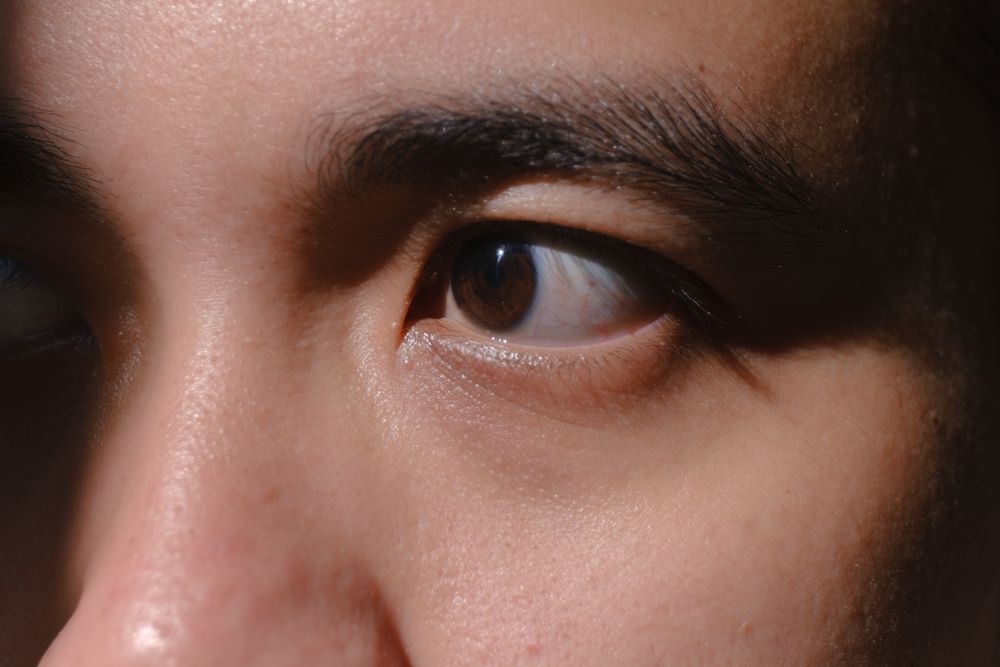Oculoplasty
Oculoplasty, a specialized branch of ophthalmology, focuses on the intricate structures surrounding the eyes. It encompasses both reconstructive and cosmetic procedures aimed at improving the functionality and aesthetics of the eyelids, orbits, tear ducts, and surrounding facial areas. Oculoplastic surgeons are highly trained experts who perform a wide range of surgical and non-surgical interventions to address various eye-related conditions and enhance the overall appearance of the eyes.

Symptoms :
The symptoms associated with oculoplastic conditions can vary widely depending on the specific issue. However, some common symptoms may include:
- Eyelid Abnormalities : Drooping eyelids (ptosis), eyelid malpositions (entropion or ectropion), excessive tearing, or eyelid lesions.
- Orbital Disorders : Bulging eyes (proptosis), double vision, or swelling around the eyes.
- Tear Duct Problems : Excessive tearing (epiphora), recurrent eye infections, or tearing when eating or drinking.
- Cosmetic Concerns : Signs of aging around the eyes such as wrinkles, sagging skin, or bags under the eyes.
Causes
The causes of oculoplastic conditions can be diverse and may include:
- Aging : As we age, the skin around the eyes loses elasticity, leading to drooping eyelids, wrinkles, and other cosmetic concerns.
- Genetics : Some individuals may inherit traits that predispose them to certain oculoplastic issues such as ptosis or tear duct abnormalities.
- Trauma : Injuries to the face or eye area can result in deformities or functional problems that require oculoplastic intervention.
- Medical Conditions : Certain medical conditions like thyroid eye disease, facial nerve palsy, or tumors can affect the structures around the eyes, necessitating oculoplastic treatment.
- Congenital Anomalies : Some individuals are born with structural abnormalities in the eye area that may require surgical correction.
Oculoplasty encompasses both reconstructive and cosmetic procedures. While some interventions aim to enhance the appearance of the eyes, many procedures are performed to improve functionality and correct vision-related issues.
The recovery time varies depending on the specific procedure performed. In general, patients may experience swelling, bruising, and discomfort for a few days to a few weeks following surgery. Your oculoplastic surgeon will provide detailed post-operative instructions to help facilitate a smooth recovery process.
In many cases, oculoplastic surgeries that are deemed medically necessary for functional or health reasons may be covered by insurance. Cosmetic procedures are typically not covered unless they are performed to correct a functional impairment.
Oculoplastic surgeries are generally safe when performed by qualified and experienced surgeons. As with any surgical procedure, there are risks involved, including infection, bleeding, and adverse reactions to anesthesia. However, the likelihood of complications is minimized when procedures are conducted by skilled professionals in accredited facilities.